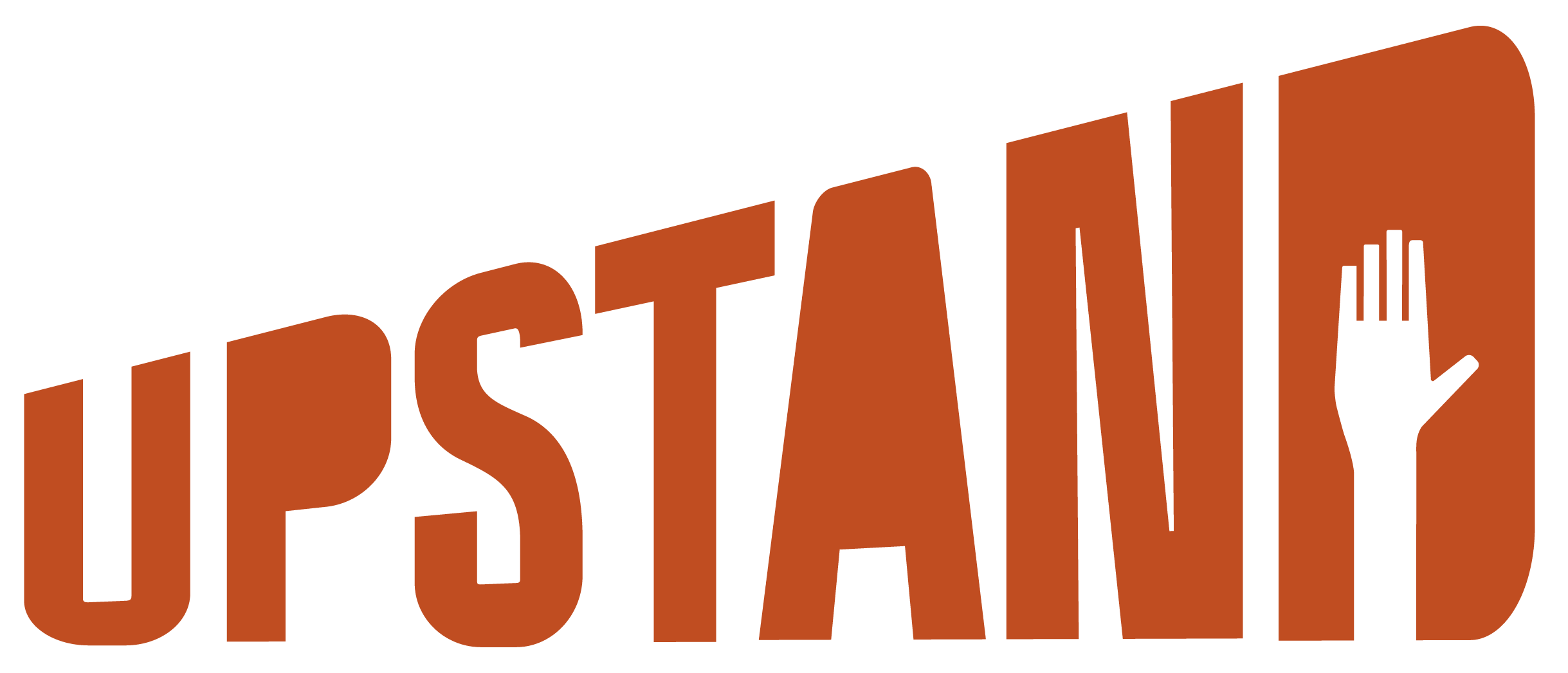Who We Are
Our story began in 2017 with a common wish: to make the world a more just, equitable and sustainable place for all. Confronted by our academic journey and everyday challenges, we grew from and with the worldviews and experiences we encountered in many corners of the world. We expanded our way of thinking and being, transcending disciplinary boundaries and embracing the subjective and uncertain nature of our surroundings.
Our journey led us to engage in interdisciplinary research and practice combining climate change, political geography, marine ecosystems, development, migration, and disasters. However, it was by entering different spaces and mingling with different levels of power, that we became bear witnessess of the worst and the best of human beings.
Upstand, or to rise to one’s feet, symbolizes our collective effort toward equity in human relationships. We choose to stand with the unseen, the undeserved, and the marginalized because the future relies on our ability to preserve our shared humanity. We believe that getting closer to our common wish entails (re)working on broken relationships and bringing together those who do not typically stand side by side.
Our commitment is to work across multiple ways of knowing and being, with integrity and solidarity.
Co-Founders
Collaborators

Underutilised plants in the Horn of Africa, Local Governance Strengthening, Refugee Livelihood Enhancement, Leadership Development, Training of Trainers (ToT), Collaborative Knowledge Building, Participatory Approaches, Programme Management, Sustainable Forest Management, Agroforestry Stewardship, Impact Assessment, Multi-stakeholder Partnerships
Horn of Africa: Somaliland, Somalia, Somali region of Ethiopia, Northeast regions of Kenya and Djibouti.



